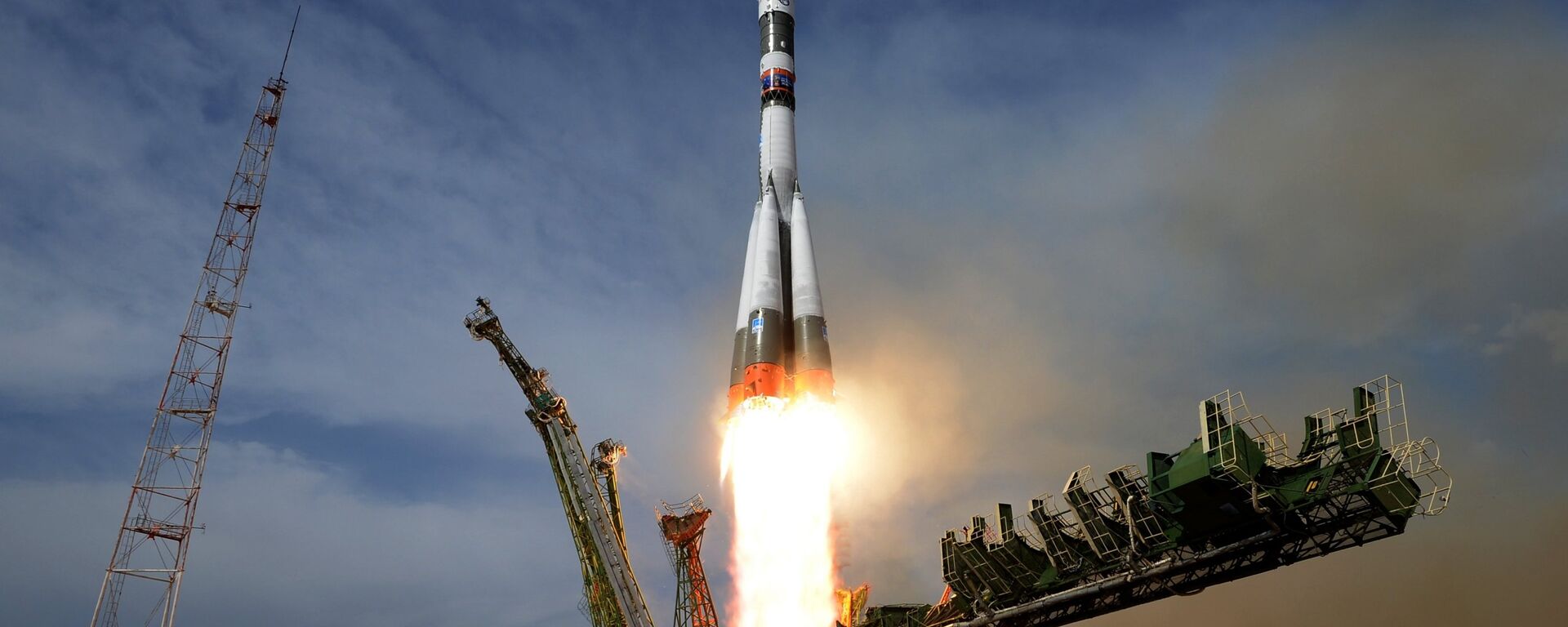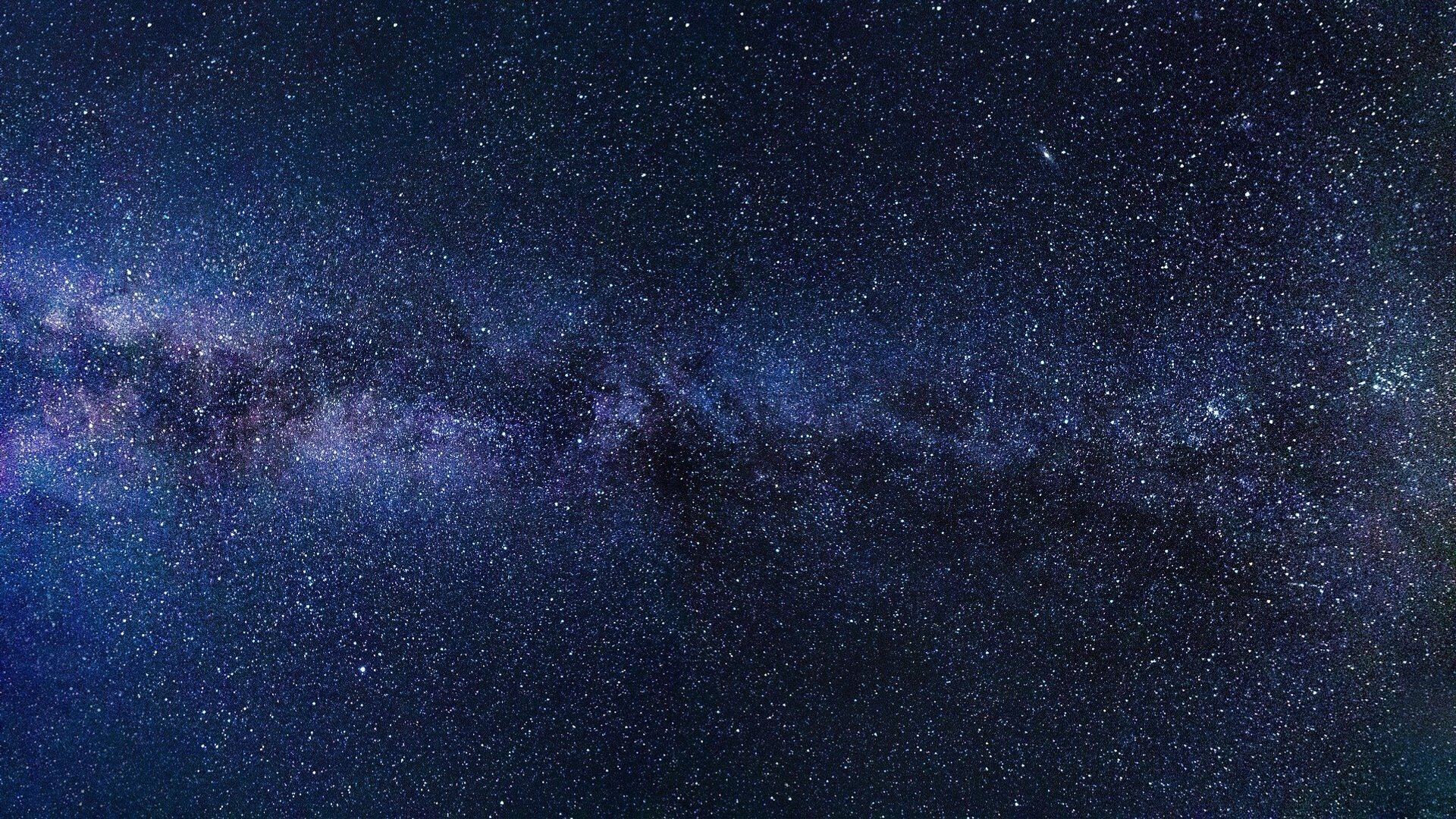https://sputnikglobe.com/20230411/russian-space-corporation-energia-says-will-finish-new-orbital-station-by-2032-1109368949.html
Russian Space Corporation Energia Says Will Finish New Orbital Station by 2032
Russian Space Corporation Energia Says Will Finish New Orbital Station by 2032
Sputnik International
Russia's RSC Energia is planning to finish the construction of a new Russian orbital station three years ahead of schedule, by 2032 instead of 2035, the station's chief structural engineer and the space corporation's deputy chief engineer, Vladimir Kozhevnikov, said on Tuesday.
2023-04-11T20:52+0000
2023-04-11T20:52+0000
2023-04-12T16:58+0000
science & tech
roscosmos
international space station (iss)
orbital station
rsc energia
space
https://cdn1.img.sputnikglobe.com/img/107793/68/1077936853_1:0:1919:1079_1920x0_80_0_0_1fa057f7e650fea4d8fa55fd9ee0343b.jpg
The construction of the station was previously scheduled to proceed in two phases from 2028 to 2035. "We are planning to launch the first module in 2027, and the final deployment will take place in 2032," Kozhevnikov said in an interview to Rossiyskaya Gazeta newspaper. RSC Energia intends to finalize the initial design of the station and present it to Roscosmos in summer 2023, he said, adding that after the execution of all necessary government contracts, the construction may begin in 2024. "Furthermore, we plan to restore the lost pieces of technologies, which were not used in the construction of the ISS [International Space Station], like control moment gyroscopes or high-capacity power supply. The ISS only has American gyrodynes, and the main power comes from the US's segment, too. But we have domestic production as well," Kozhevnikov said. It is anticipated that, during the initial deployment phase, the station will function simultaneously with the ISS, he added. The duration of one mission will be up to 240 days, and the station will accommodate a crew of up to six people.
https://sputnikglobe.com/20180923/russia-space-corporation-offers-moon-flights-1068259433.html
Sputnik International
feedback@sputniknews.com
+74956456601
MIA „Rossiya Segodnya“
2023
Sputnik International
feedback@sputniknews.com
+74956456601
MIA „Rossiya Segodnya“
News
en_EN
Sputnik International
feedback@sputniknews.com
+74956456601
MIA „Rossiya Segodnya“
Sputnik International
feedback@sputniknews.com
+74956456601
MIA „Rossiya Segodnya“
russia, rsc energia, russian orbital station, roscosmos, international space station
russia, rsc energia, russian orbital station, roscosmos, international space station
Russian Space Corporation Energia Says Will Finish New Orbital Station by 2032
20:52 GMT 11.04.2023 (Updated: 16:58 GMT 12.04.2023) MOSCOW (Sputnik) - Russia's RSC Energia is planning to finish the construction of a new Russian orbital station three years ahead of schedule, by 2032 instead of 2035, the station's chief structural engineer and the space corporation's deputy chief engineer, Vladimir Kozhevnikov, said on Tuesday.
The construction of the station was previously scheduled to proceed in two phases from 2028 to 2035.
"We are planning to launch the first module in 2027, and the final deployment will take place in 2032," Kozhevnikov said in an interview to Rossiyskaya Gazeta newspaper.
RSC Energia intends to finalize the initial design of the station and present it to Roscosmos in summer 2023, he said, adding that after the execution of all necessary government contracts, the construction may begin in 2024.
"Furthermore, we plan to restore the lost pieces of technologies, which were not used in the construction of the ISS [International Space Station], like control moment gyroscopes or high-capacity power supply. The ISS only has American gyrodynes, and the main power comes from the US's segment, too. But we have domestic production as well," Kozhevnikov said.

23 September 2018, 04:54 GMT
It is anticipated that, during the initial deployment phase, the station will function simultaneously with the ISS, he added. The duration of one mission will be up to 240 days, and the station will accommodate a crew of up to six people.


